Despite what you might’ve heard, no one personality type is required to be a great salesperson. However, if you know your personality type, you have a better chance of playing to your strengths to land the sale.
Who are Introverts and Extroverts?
At their core, an extrovert is someone that focuses on what's outside their heads while introverts focus on what's inside. This tends to make extroverts more outgoing and sociable and introverts more reserved, likely to consider things before taking action.
You’ll probably notice the sales industry is full of extroverts. This makes sense. When you think of a salesperson, you typically think of someone willing to meet and greet new people with a positive energy. However, even though there are fewer introverts in the industry, they tend to do better on average than their more outgoing counterparts.
Introverts in Sales
Listening plays a huge role in sales, and that’s where that more reserved nature comes in handy.
Taking the time to listen to what a client has to say, to interpret what’s being said instead of just waiting to give a pitch, is far more likely to end with a sale. Introverts are great listeners. You can have a compelling and articulate argument for your pitch, but if a client gets the feeling they’re not being heard, that typically translates to a feeling of disregard.
The focus needs to be on the client. At the end of the day, their concerns and thoughts are the most crucial element in making a connection.
Introverts also have a different way of measuring success. A lot of sales comes with things that extroverts don’t necessarily enjoy, like making cold calls. Extroverts want to take considerable actions to make a large impact. Introverts, on the other hand, know these small actions can make a huge difference in the long run.
Extroverts in Sales
Sales isn't just about listening. Introverts usually struggle with connecting with clients on an emotional level. Picking up on body language and being able to carry a conversation all contribute to avoiding awkward meetings.
Knowing a closed or cold posture, making eye contact, carrying an authoritative voice, but knowing when to crack a joke, can be the difference between just landing a sale and making a lifelong connection with that person.
People have an easier time warming up to extroverts because they can do all these things as if its second nature.
Conclusion
These personality types are not at odds. Each can learn a great deal from the other. A genuinely great salesperson can take the best parts of both to develop a comprehensive sales strategy. Ideally, it’s this middle ground of the spectrum that serves salespeople the best.

